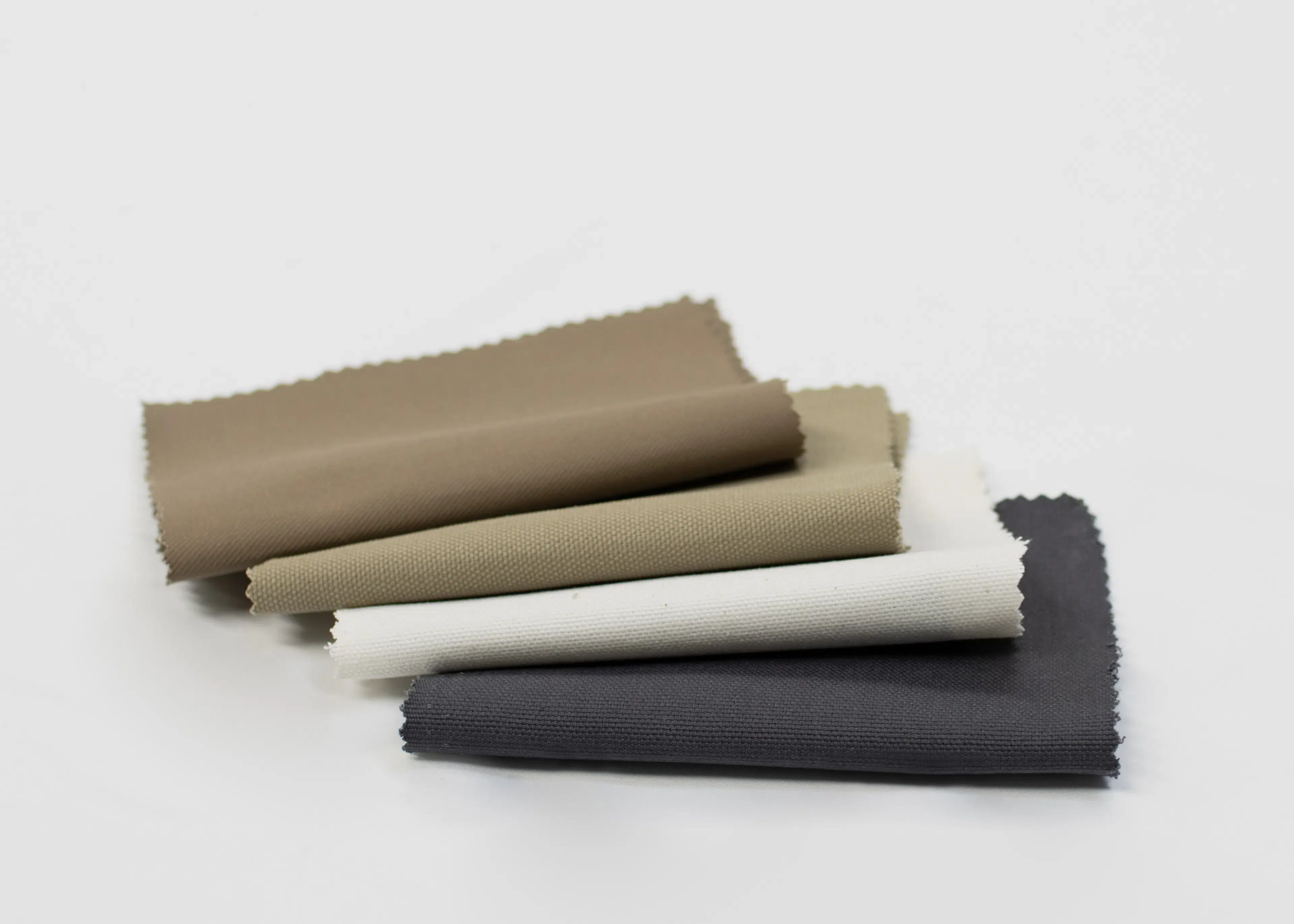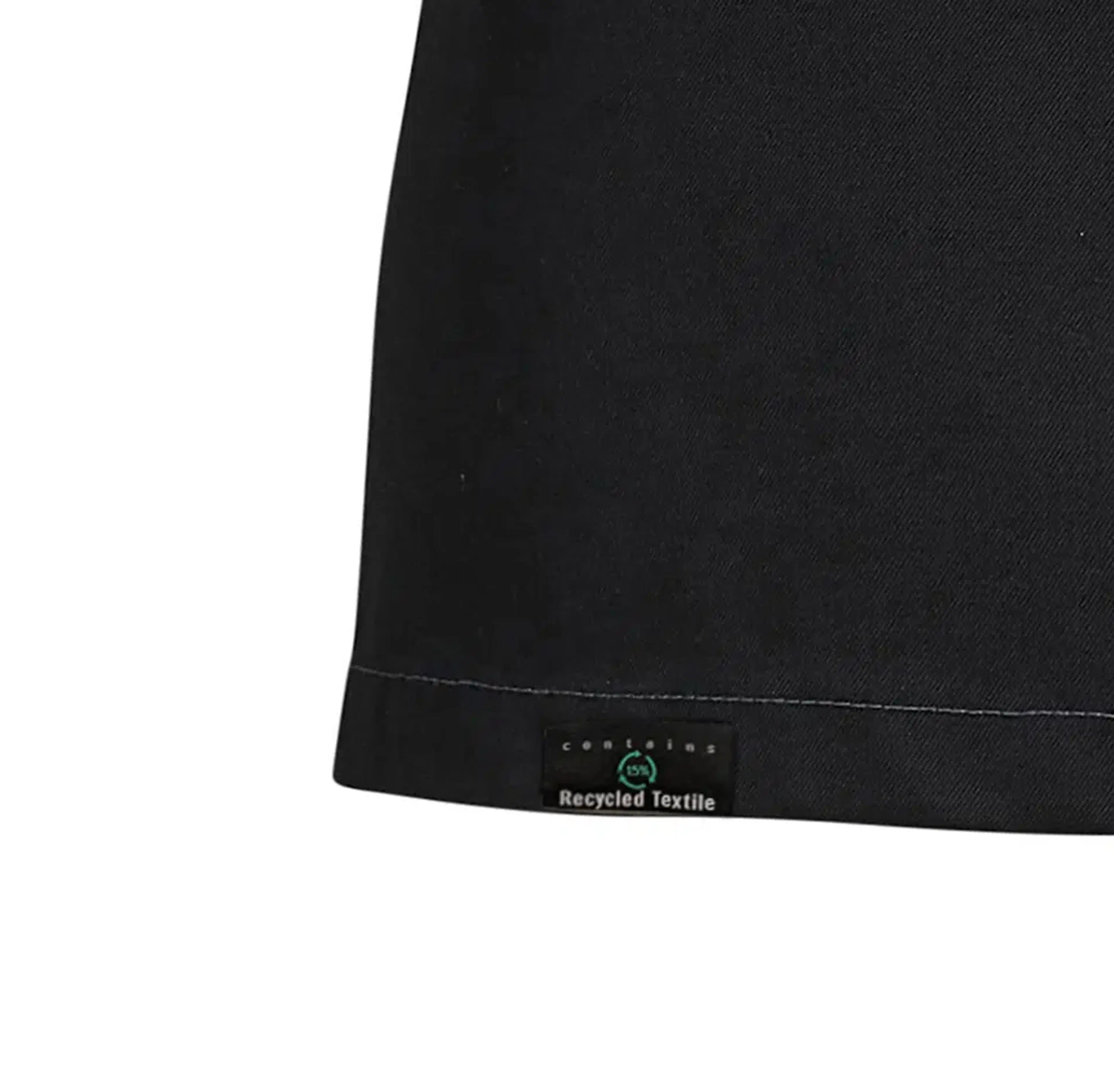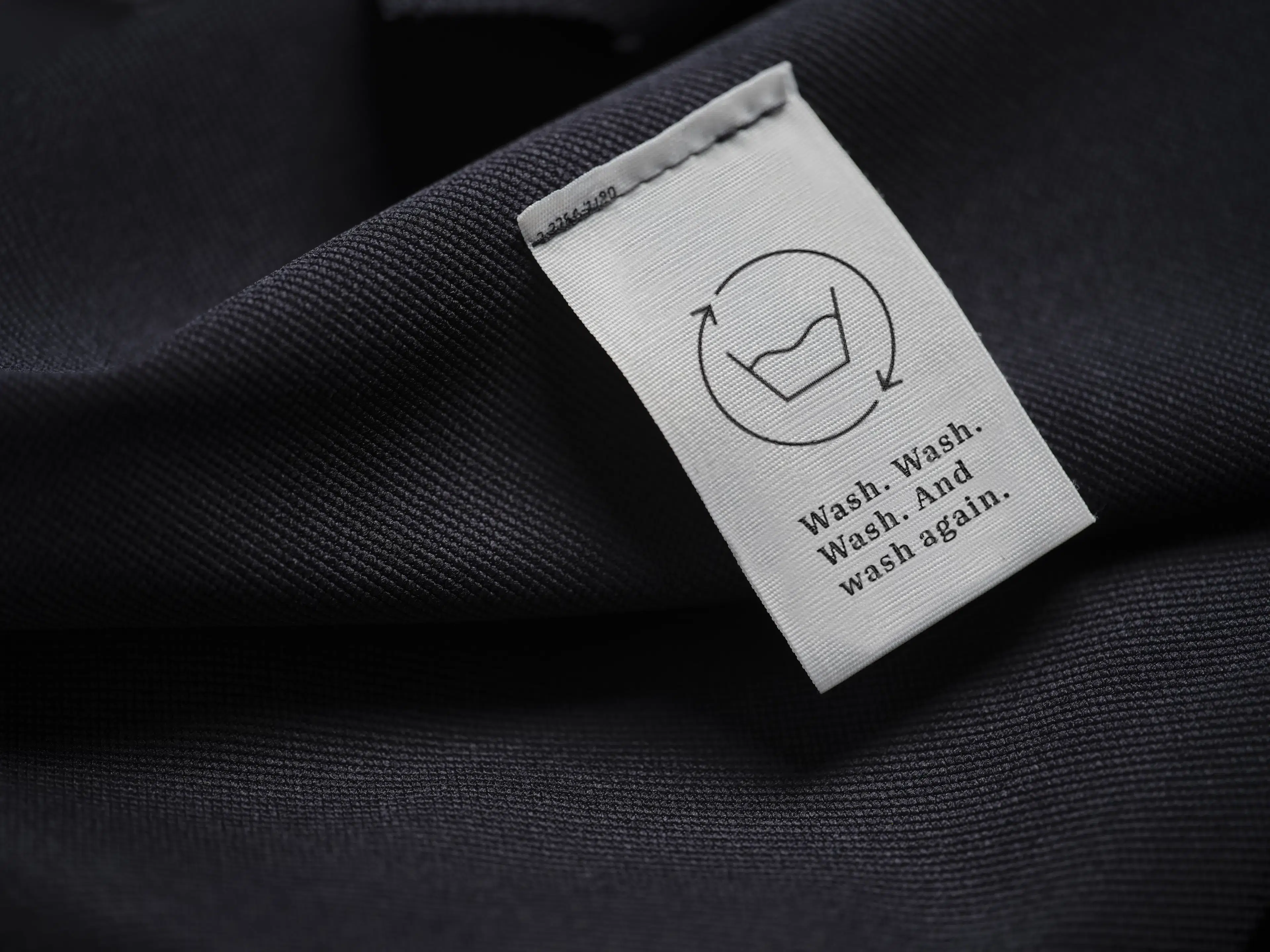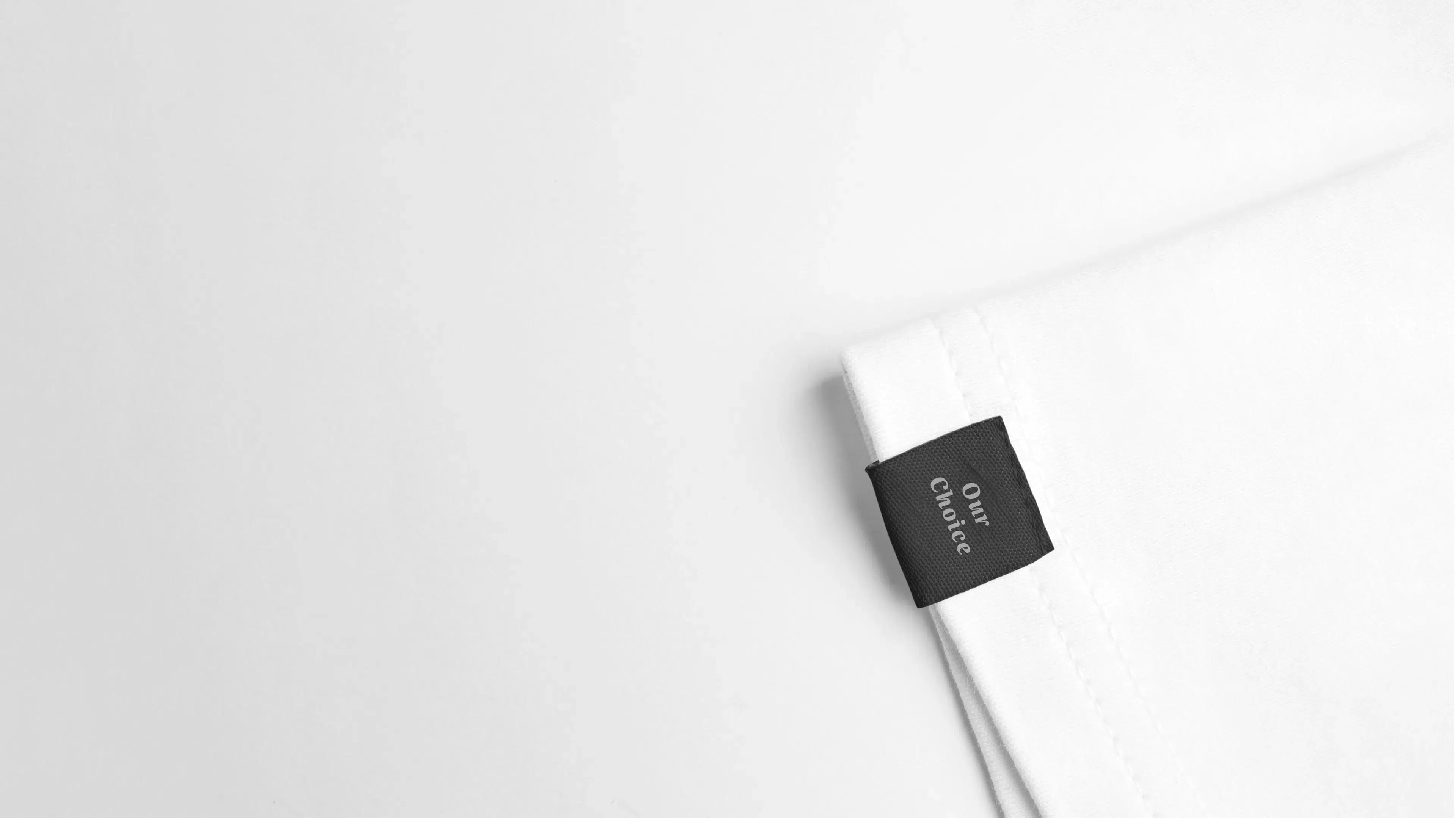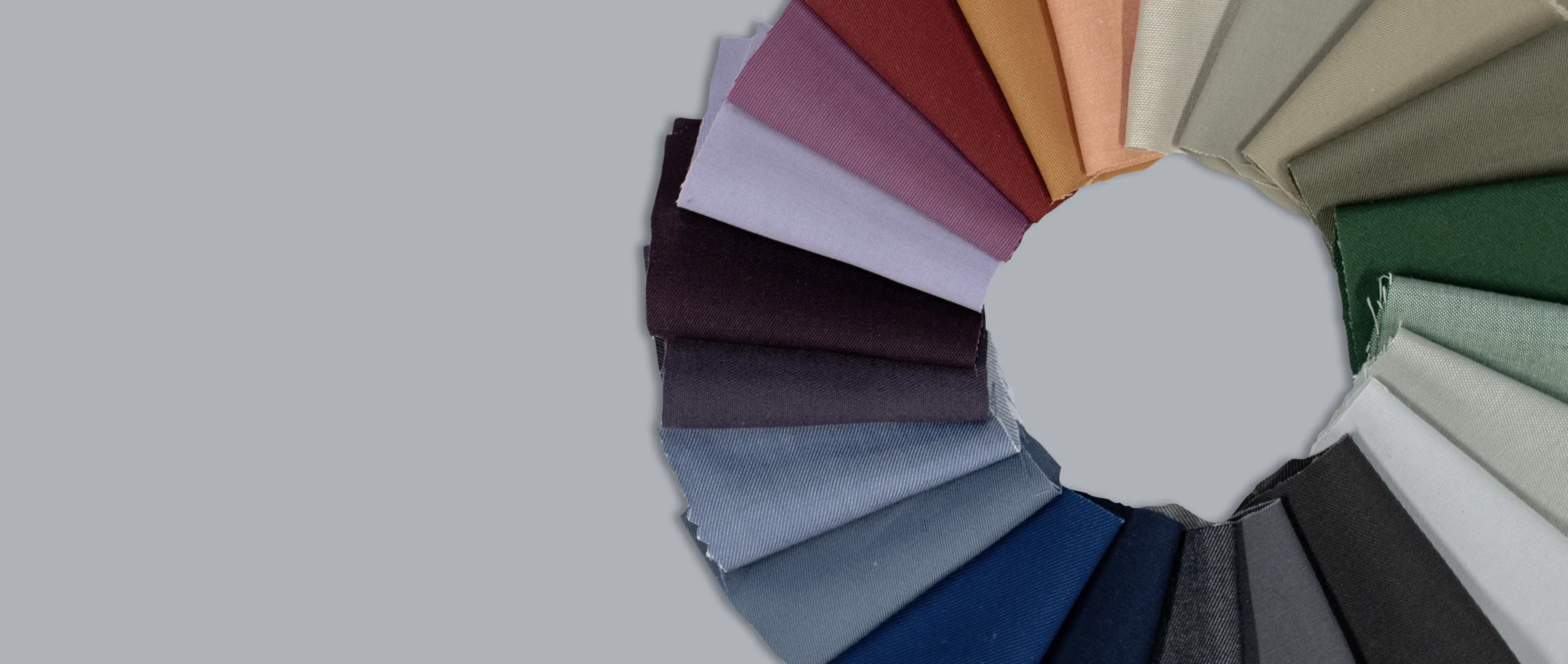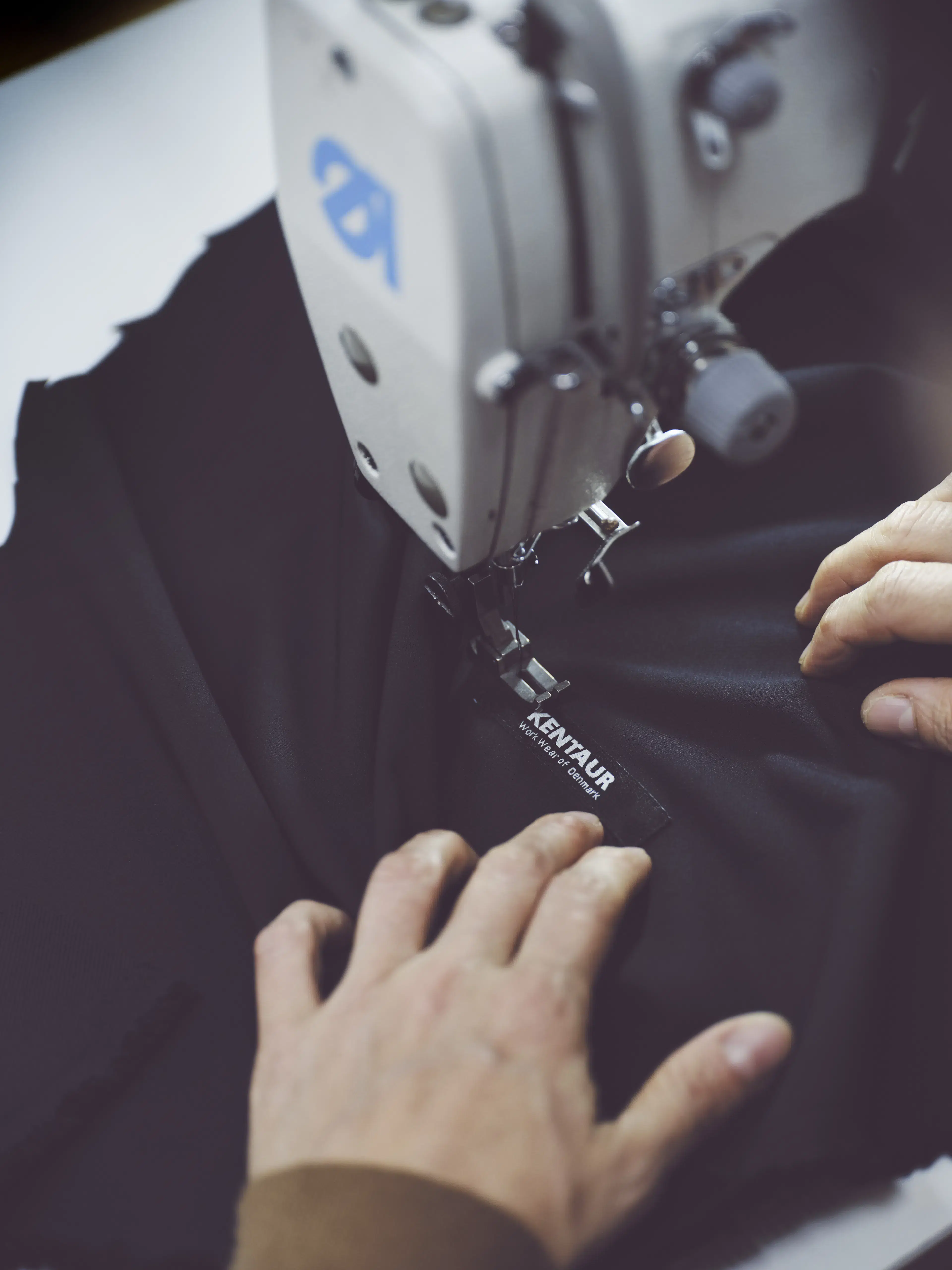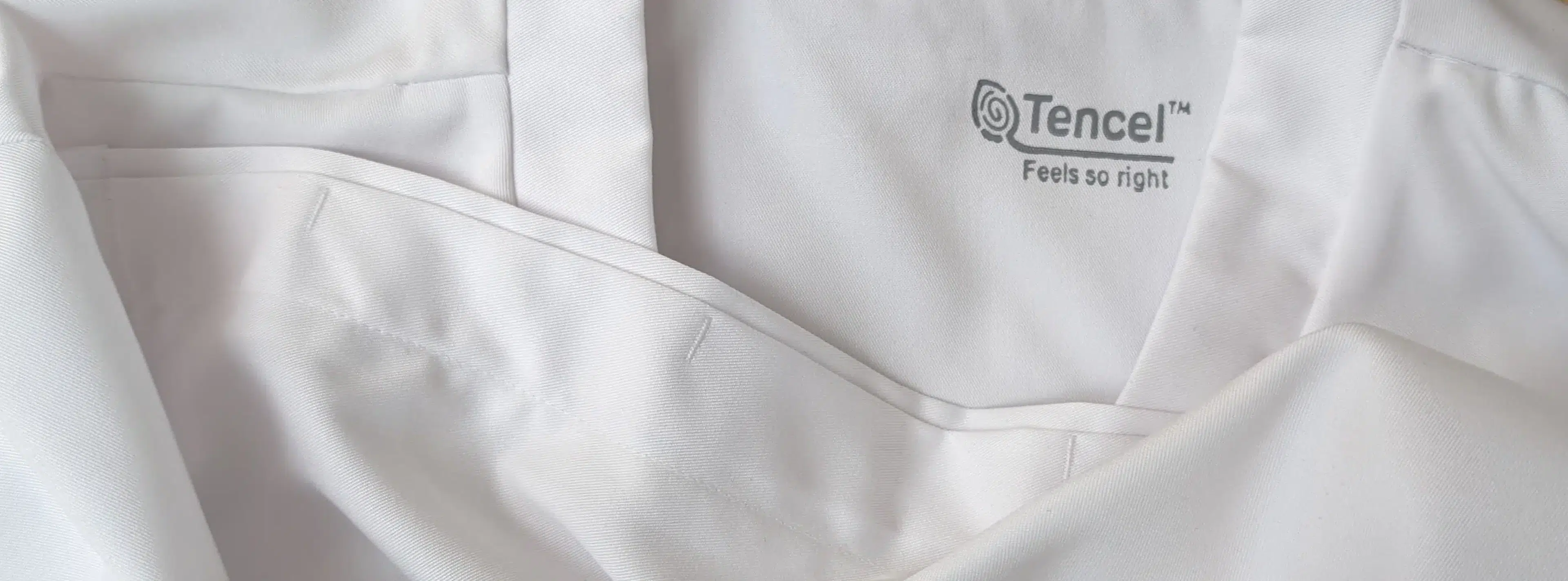The abbreviation for responsibility is ESG.
We live in a world with increasing social and environmental challenges. Therefore, it is crucial for us as a company to focus on sustainability. We not only understand our obligations - we act on them. Our collaboration with production sites is based on a selected number of suppliers with strong relationships. This enables us to guarantee our customers thoroughly tested and consistent quality. Similarly, our clothing is designed for long life. Through close dialogue with our suppliers and customers, we ensure that our production takes place under responsible working conditions, thereby enhancing sustainability.

